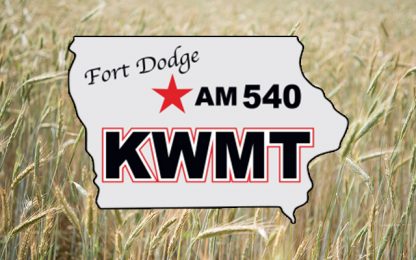Baltimore Bridge Collision Highlights Need for Strong Ag Export Options

By now, you’ve seen the footage of the recent collision between a cargo freighter and the Francis Scott Key Bridge near Baltimore. The collapse of that bridge and the temporary shutdown of the nearby Port of Baltimore have brought further attention to America’s ports and the shipping industry.
“When you have a trauma to one key bridge and port, like what’s happening at Baltimore, there are clearly going to be some negative ripple effects for that,” says Mike Steenhoek, Executive Director of the Soy Transportation Coalition.
He says the incident on March 26 highlights the critical role that ports—like the Port of Baltimore—play in our supply chain.
“When you see events like this occur, it really underscores the reality that while our oceans are vast and expansive, all of that ocean transit eventually narrows down to where it originates or where it’s destined to, and that’s our port regions. Our ports are really critical to our national economy and our national security, so the whole notion of investing in our ports, maintaining them, and securing them must remain a national priority.”
Steenhoek adds that while just 350,000 tons of soybeans went through the Port of Baltimore in 2020, it ranked second to sugar among ag products that were handled there.
Overall, the Port of Baltimore is responsible for moving 0.3% of U.S. ag exports and 2.1% of imports, meaning its overall impact on U.S. ag trade is relatively minor. However, the Maryland Port Administration has suspended all vessel traffic in and out of the Port of Baltimore until further notice.



